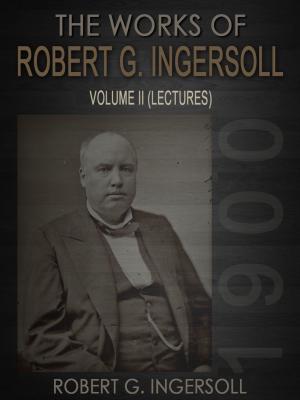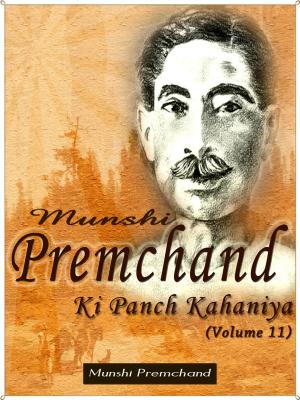Ancient Jewish Proverbs
Nonfiction, Religion & Spirituality, Judaism, History, Inspiration & Meditation, Spirituality| Author: | Abraham Cohen | ISBN: | 1230000021127 |
| Publisher: | AppsPublisher | Publication: | October 2, 2012 |
| Imprint: | Language: | English |
| Author: | Abraham Cohen |
| ISBN: | 1230000021127 |
| Publisher: | AppsPublisher |
| Publication: | October 2, 2012 |
| Imprint: | |
| Language: | English |
Ancient Jewish Proverbs
by Abraham Cohen
A treasury of Jewish proverbs from the Mishna and Talmud.
The importance of a people's proverbs has long been recognised. Aristotle went to the trouble of making a collection of the popular sayings current in Greece at his time, and often quotes them in his works. In the early part of the second century B.C. the Hebrew sage Ben Sira (Ecclesiasticus) wrote, "Acquaint thyself with the proverbs [of the wise], for of them thou shalt learn instruction" (viii. 8). They have indeed much to teach us. They are the safest index to the inner life of a people. With their aid we can construct a mental image of the conditions of existence, the manners, characteristics, morals, and Weltanschauung of the community which used them. They present us with the surest data upon which to base our knowledge of Volkspsychologie.
The genuine proverb is not the elaborately thought-out sentence of an individual, but the commonly adopted expression of long and wide experience. Its literary form is usually crude, unpolished, and devoid of style, indicating that it obtained its currency among the lower classes, not the littérateurs. Hence the saying that proverbs are the "People's Voice" is true in more senses than one. It is the popular speech in so far as it reflects the popular mind, but also because it is an accurate record of the vernacular.
Ancient Jewish Proverbs
by Abraham Cohen
A treasury of Jewish proverbs from the Mishna and Talmud.
The importance of a people's proverbs has long been recognised. Aristotle went to the trouble of making a collection of the popular sayings current in Greece at his time, and often quotes them in his works. In the early part of the second century B.C. the Hebrew sage Ben Sira (Ecclesiasticus) wrote, "Acquaint thyself with the proverbs [of the wise], for of them thou shalt learn instruction" (viii. 8). They have indeed much to teach us. They are the safest index to the inner life of a people. With their aid we can construct a mental image of the conditions of existence, the manners, characteristics, morals, and Weltanschauung of the community which used them. They present us with the surest data upon which to base our knowledge of Volkspsychologie.
The genuine proverb is not the elaborately thought-out sentence of an individual, but the commonly adopted expression of long and wide experience. Its literary form is usually crude, unpolished, and devoid of style, indicating that it obtained its currency among the lower classes, not the littérateurs. Hence the saying that proverbs are the "People's Voice" is true in more senses than one. It is the popular speech in so far as it reflects the popular mind, but also because it is an accurate record of the vernacular.















